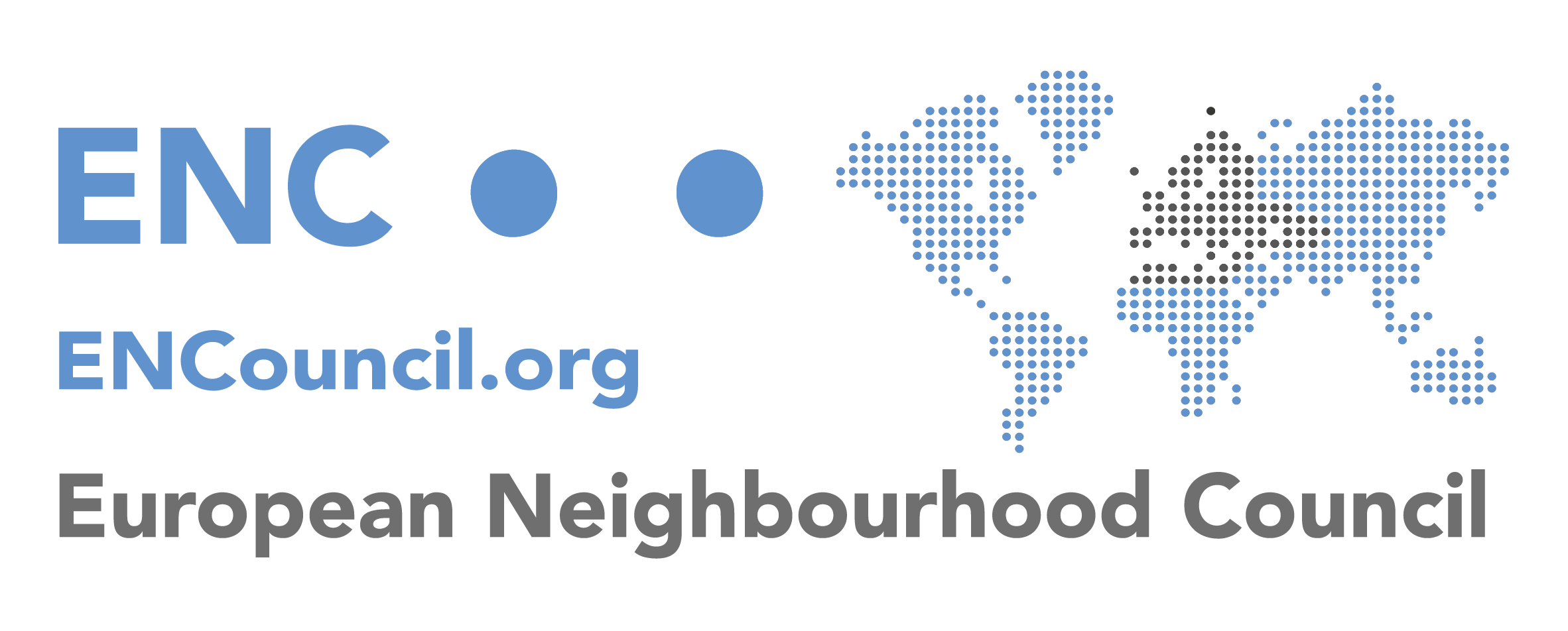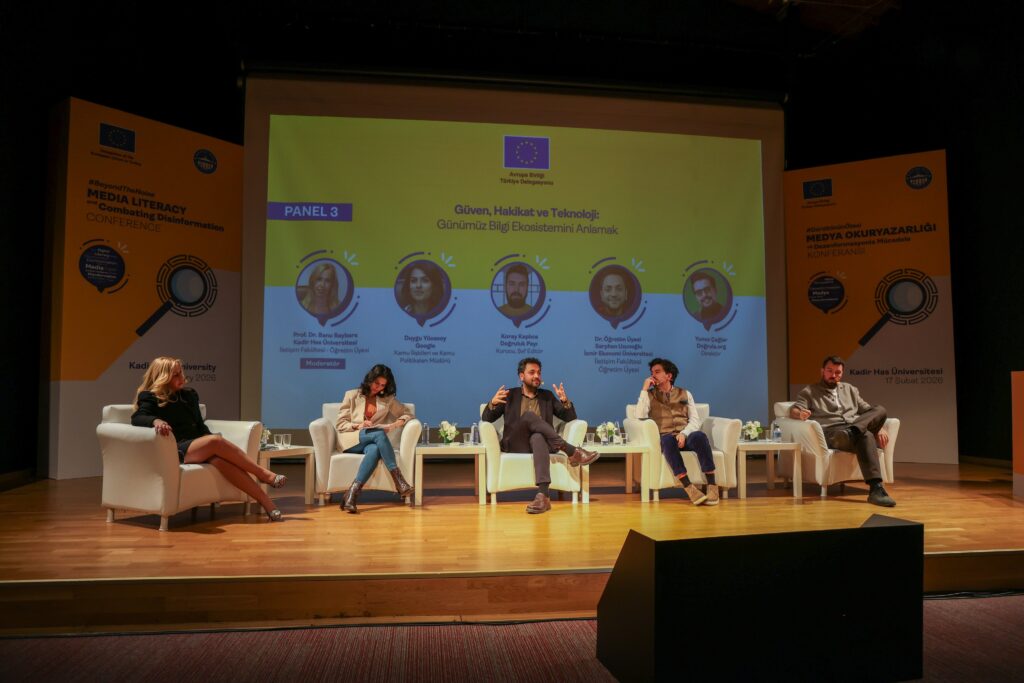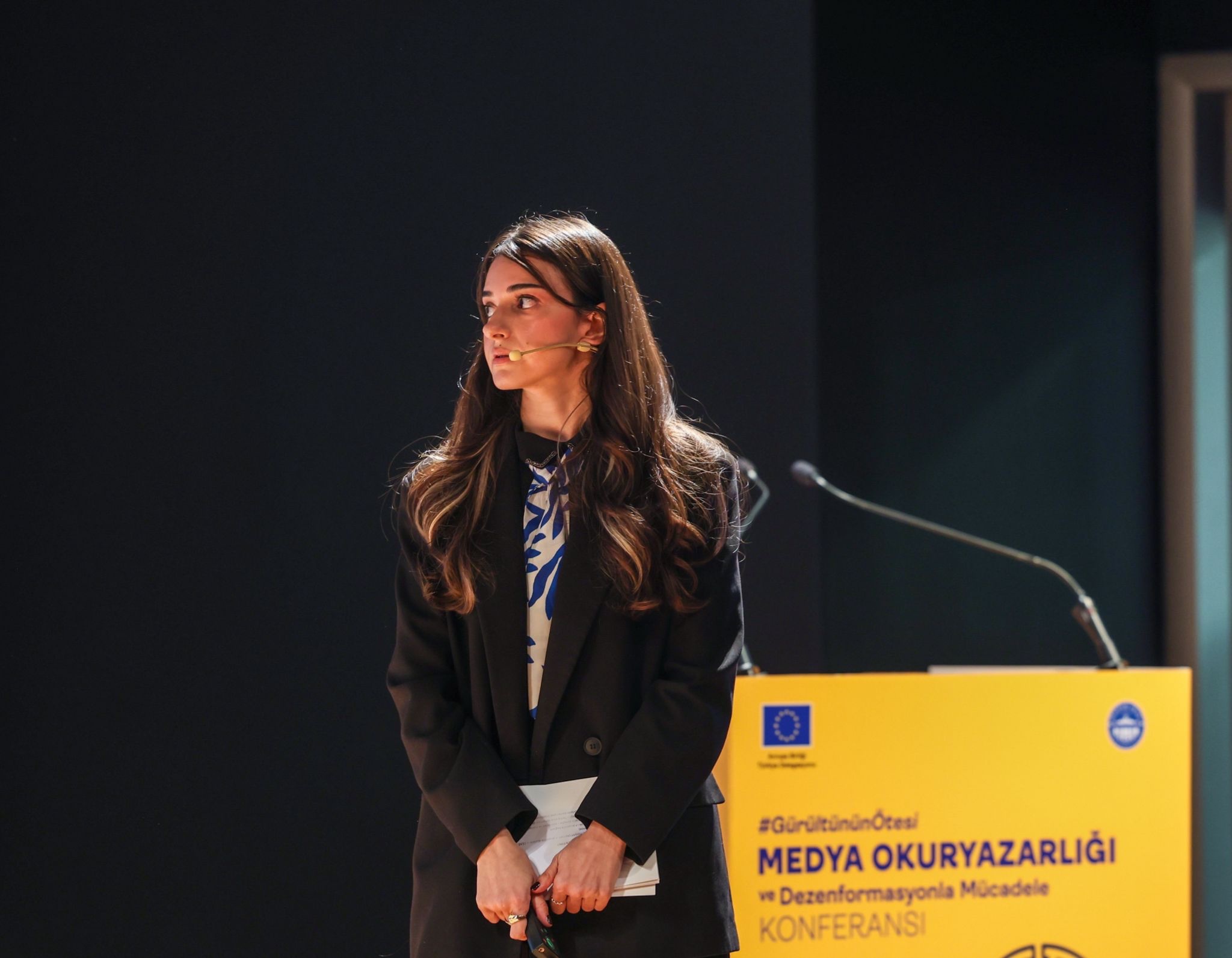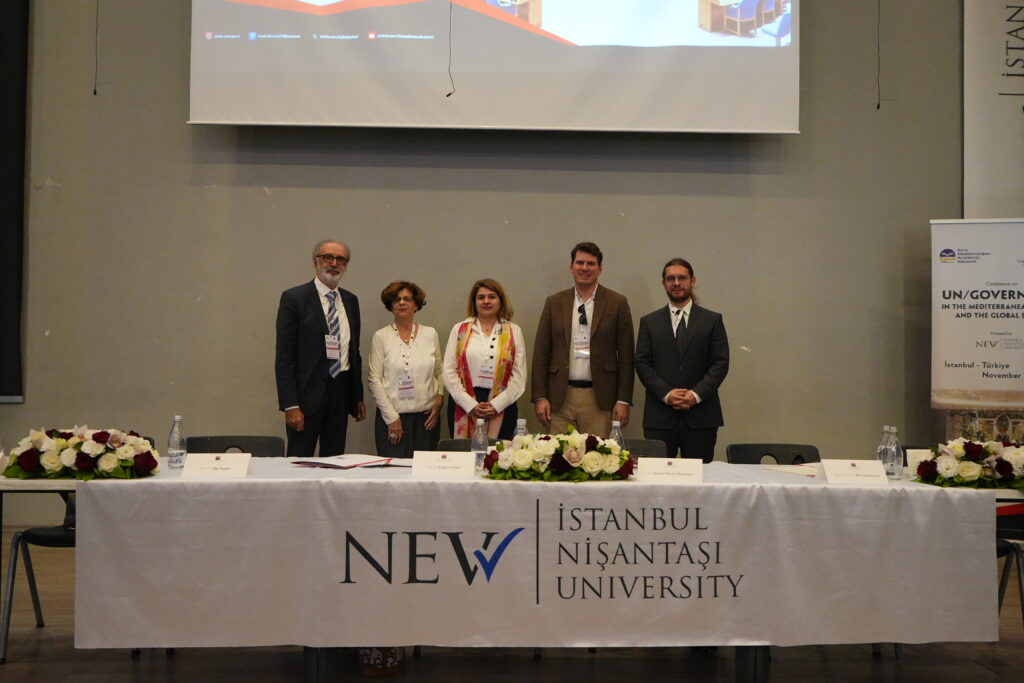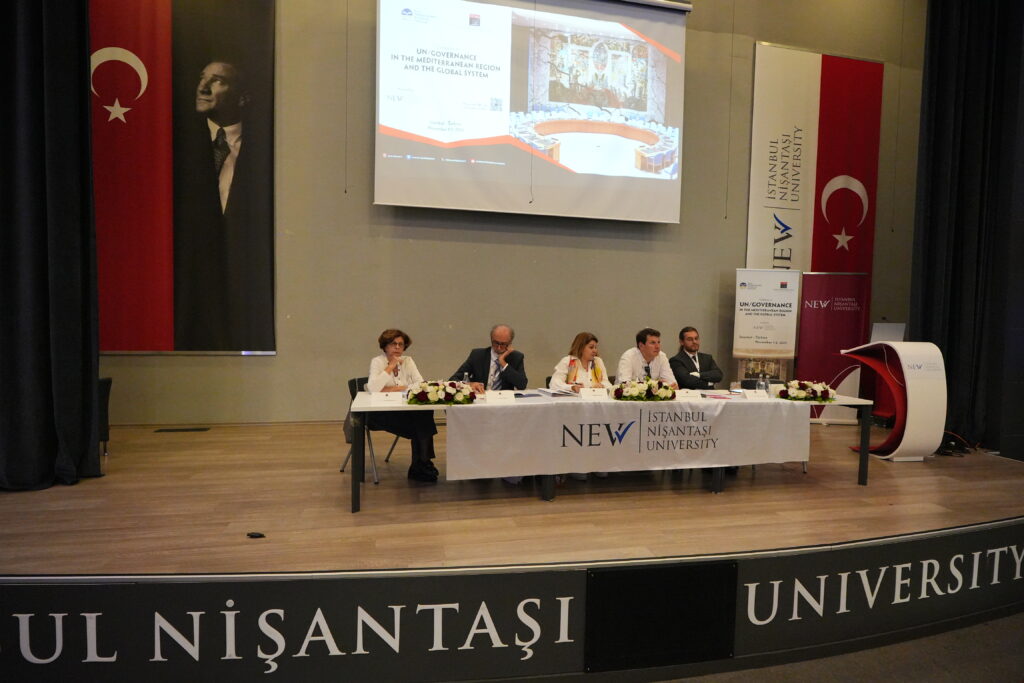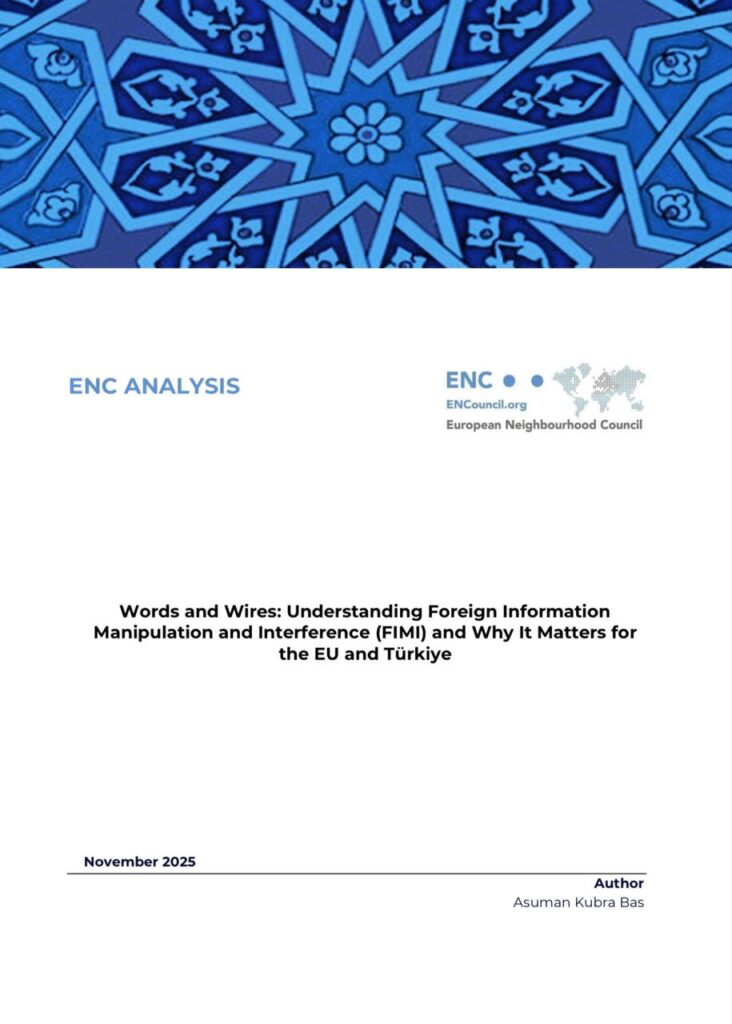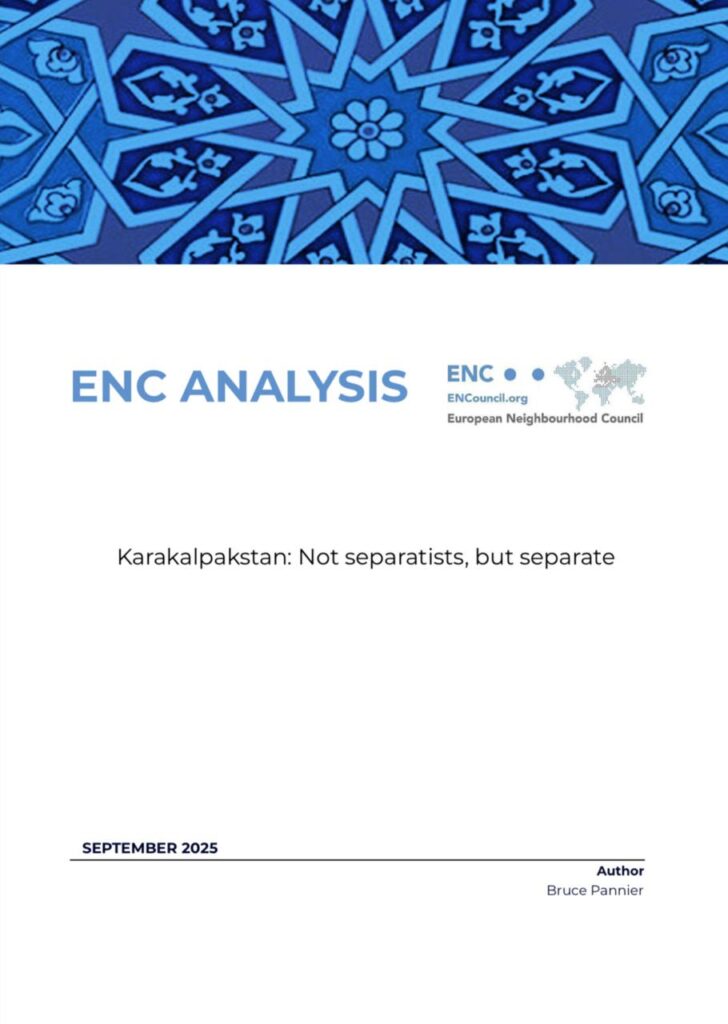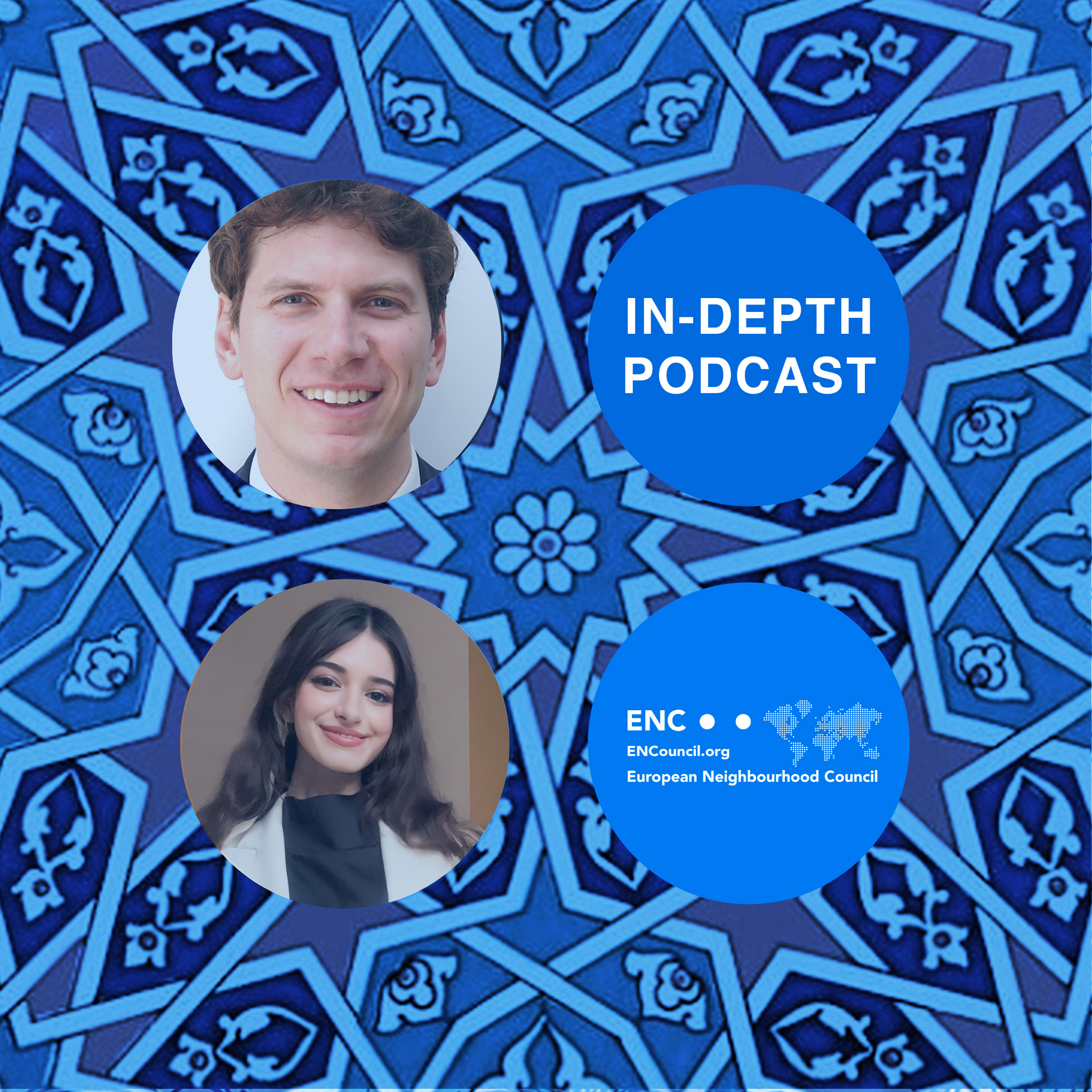ENC and BHRTR Launch ‘TR Compass’ CSO Engagement Hub Following Conclusion of Phase II of Business and Human Rights Project
The European Neighbourhood Council (ENC) and the Business and Human Rights Association (BHRTR) have officially concluded the second phase of the “Strengthening Business and Human Rights Awareness and Capacity Building of Civil Society Actors – Phase II” project. As part of this phase, seven dialogue events were organized with Civil Society Organizations (CSOs). These events took place in İstanbul, Bursa, Adana, and Gaziantep, offering vital spaces for dialogue, capacity building, and engagement on the topic of business and human rights.
In addition to the dialogue events, the project featured a Closing Event held in İstanbul on 28 April 2025. The Closing Event served both as a showcase of the project’s achievements and as the official launch of TR Compass—a collaborative platform designed to strengthen civil society engagement in the field of business and human rights. A curated digital library of key resources is housed within the TR Compass website.
TR Compass is a voluntary and open network that brings together civil society organizations, trade unions, academics, and individual activists who are committed to promoting responsible business practices and protecting human rights in supply chains. Rather than functioning as a formal alliance, it serves as an open space for connection, knowledge-sharing, and mutual support—particularly in the context of legislation such as the German Supply Chain Act (Lieferkettensorgfaltspflichtengesetz – LkSG) and the EU Corporate Sustainability Due Diligence Directive (CSDDD).
Civil society organizations and individuals are invited to register through the CSO Engagement Hub to join the network, access resources, and stay informed about future opportunities and initiatives. Participation is entirely voluntary, with no membership fees or legal obligations—just a shared commitment to collaborative learning and action. Learn more about TR Compass here.
This phase of the project has contributed to strengthening the awareness, capacity, and coordination of civil society actors on business and human rights in Türkiye. The tools, networks, and platforms developed—particularly through the establishment of TR Compass—will support the continuity of dialogue and collaboration beyond the project timeline.
We extend our sincere thanks to all stakeholders and participants who contributed to this project.
Contact and Further Information
For more information about TR Compass:
https://trcompass.com.tr/en/
European Neighbourhood Council (ENC):
Website: http://encouncil.org/
Email: media@encouncil.org
Business and Human Rights Association (BHRTR):
Website: https://bhrtr.org/en/
Email: contact@bhrtr.orgcontact@bhrtr.org
ENC ve BHRTR, İş Dünyası ve İnsan Hakları Projesi’nin II. Fazını Tamamlayarak TR Compass STK İşbirliği Ağını Hayata Geçirdi
The European Neighbourhood Council (ENC) ve İş Dünyası ve İnsan Hakları Derneği (BHRTR), “Sivil Toplum Aktörlerinin İş Dünyası ve İnsan Hakları Alanındaki Farkındalığını ve Kapasitesini Güçlendirme Projesi’nin II. fazını başarıyla tamamladı. Almanya Dışişleri Bakanlığı ve Almanya İstanbul Başkonsolosluğu’nun desteğiyle yürütülen proje kapsamında, sivil toplum kuruluşları ve sendikaların katılımıyla bir web semineri de dahil olmak üzere yedi diyalog etkinliği düzenlendi. Bu etkinliklerde iş dünyası ve insan hakları konularında paydaş istişareleri gerçekleştirildi.
Proje süresince ayrıca, “TR Compass” Sivil Toplum Ağı’nın resmi tanıtımının yapıldığı bir kapanış etkinliği de İstanbul’da hayata geçirildi.
TR Compass, Türkiye’de iş dünyası ve insan hakları alanında çalışan sivil toplum kuruluşları, sendikalar ve akademisyenleri bir araya getirmeyi amaçlayan gönüllü ve esnek bir ağ olarak kuruldu. Ağ, özellikle Alman Tedarik Zinciri Yasası (Lieferkettensorgfaltspflichtengesetz – LkSG) ve Avrupa Birliği Kurumsal Sürdürülebilirlik Durum Tespiti Direktifi (Corporate Sustainability Due Diligence Directive – CSDDD) gibi güncel düzenlemeler çerçevesinde, ortak öğrenme ve dayanışmayı teşvik etmeyi hedefliyor.
TR Compass’ın internet sitesi üzerinden, ilgilenen paydaşlar form doldurarak ağa katılabiliyor. Site, aynı zamanda temel insan hakları belgelerini içeren dijital bir kütüphane, proje çıktıları ve etkinlik haberleri gibi çeşitli kaynaklara erişim imkânı sunuyor. Ağa katılım tamamen gönüllülük esasına dayalı olup herhangi bir üyelik ücreti ya da hukuki yükümlülük içermiyor.
Türkiye’de iş dünyası ve insan hakları alanında faaliyet gösteren sivil toplum aktörlerinin farkındalığını artırmayı, kapasitelerini geliştirmeyi ve aralarındaki işbirliğini güçlendirmeyi hedefleyen proje kapsamında geliştirilen araçların ve platformların, proje sonrasında da diyaloğu ve ortak çalışmaları sürdürülebilir kılmasını umuyoruz.
Projenin bu sürecine katkı sunan tüm paydaşlara içten teşekkürlerimizi sunarız.
TR Compass hakkında daha fazla bilgi için:
https://trcompass.com.tr/
European Neighbourhood Council (ENC):
Web: http://encouncil.org/
E-posta: media@encouncil.org
İş Dünyası ve İnsan Hakları Derneği (BHRTR):
Web: https://bhrtr.org/tr/
E-posta: contact@bhrtr.org

